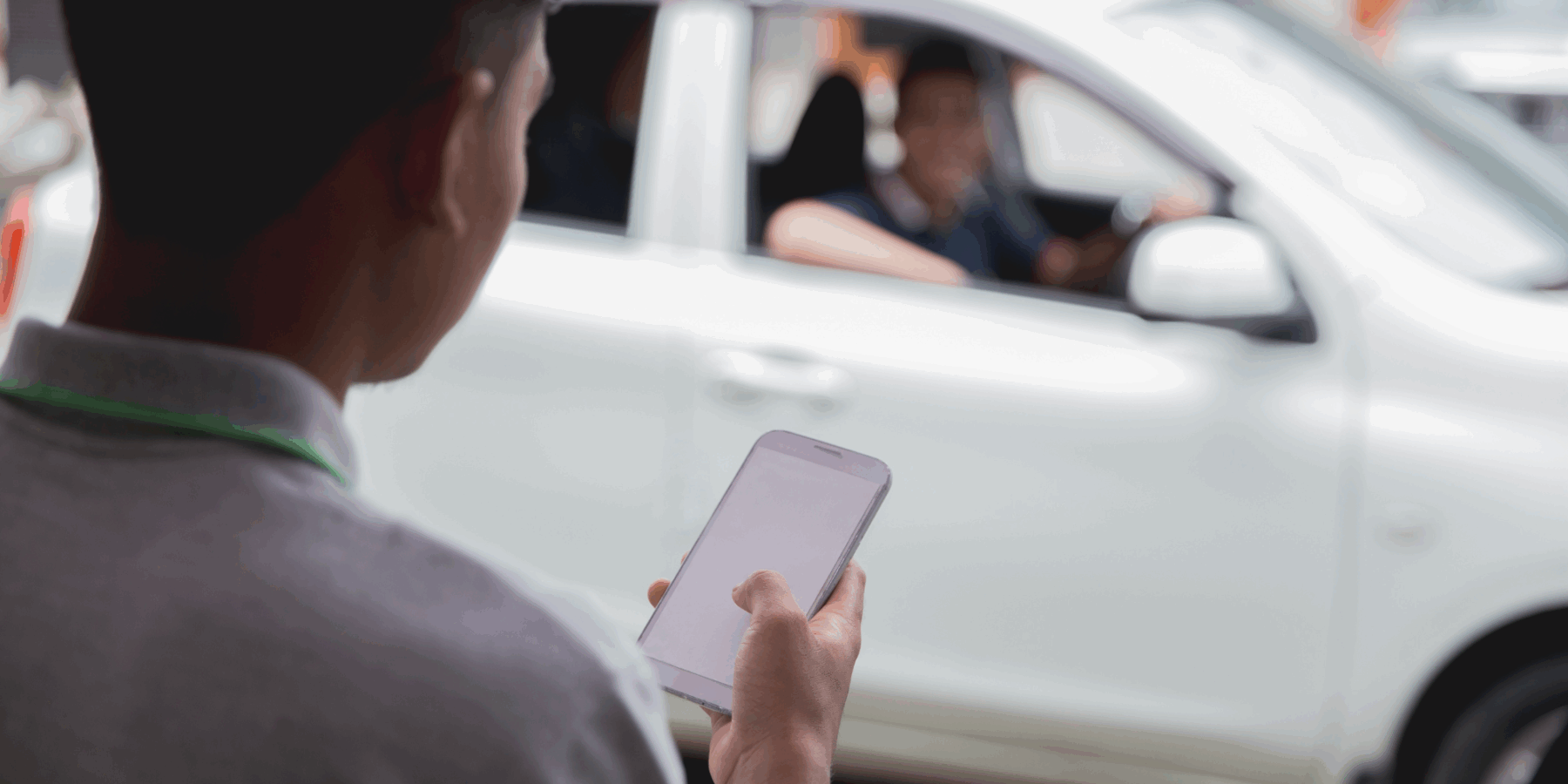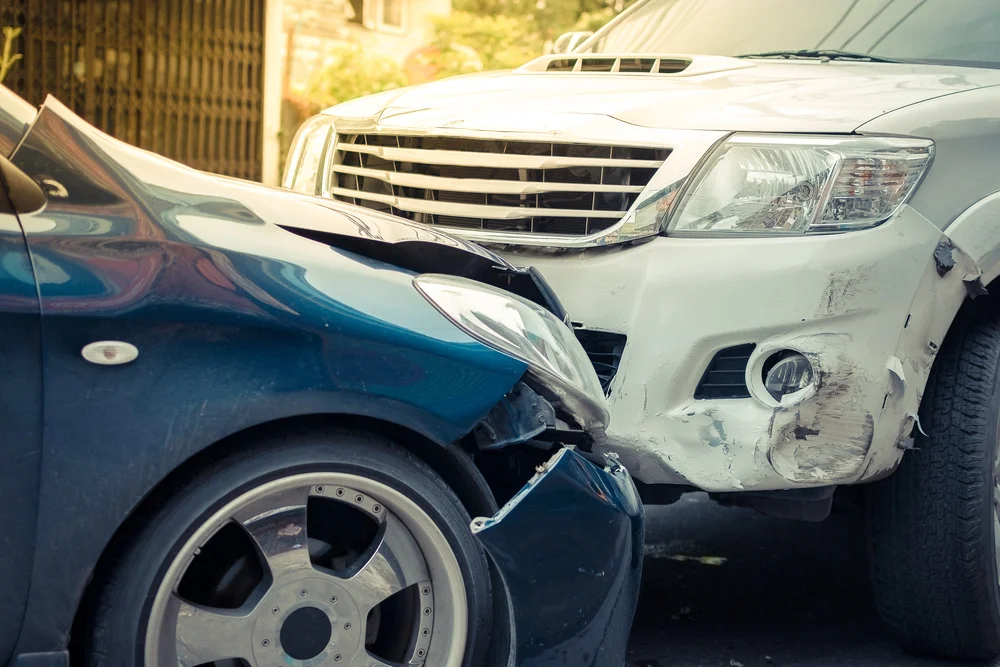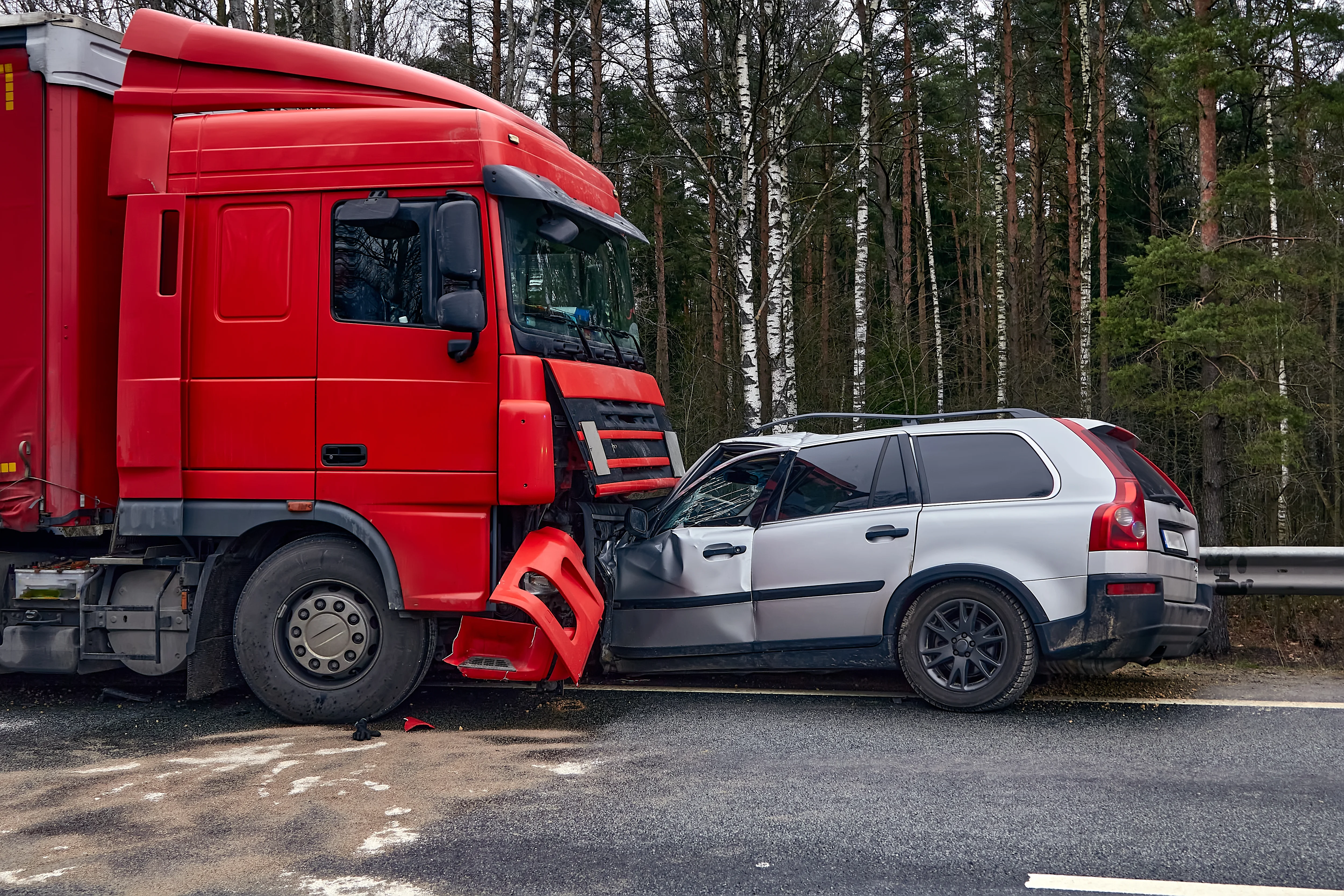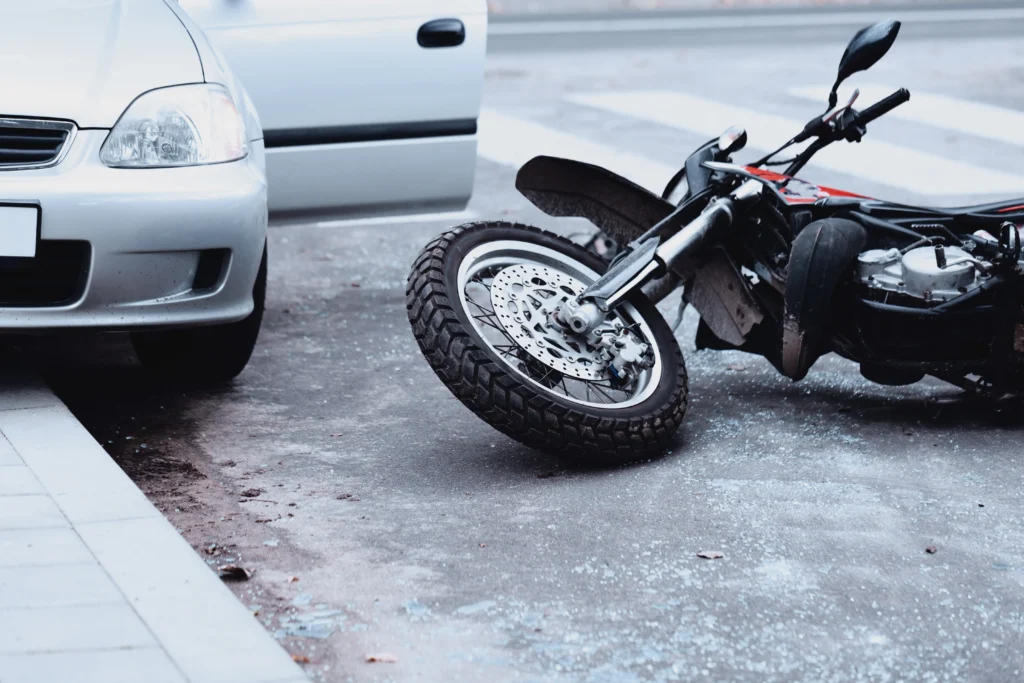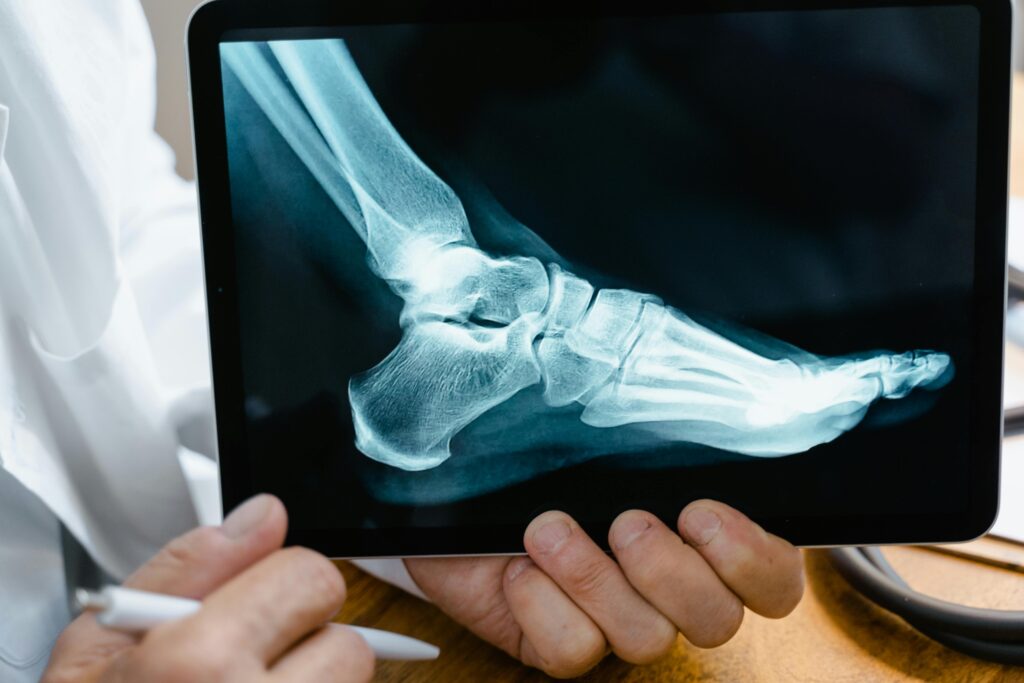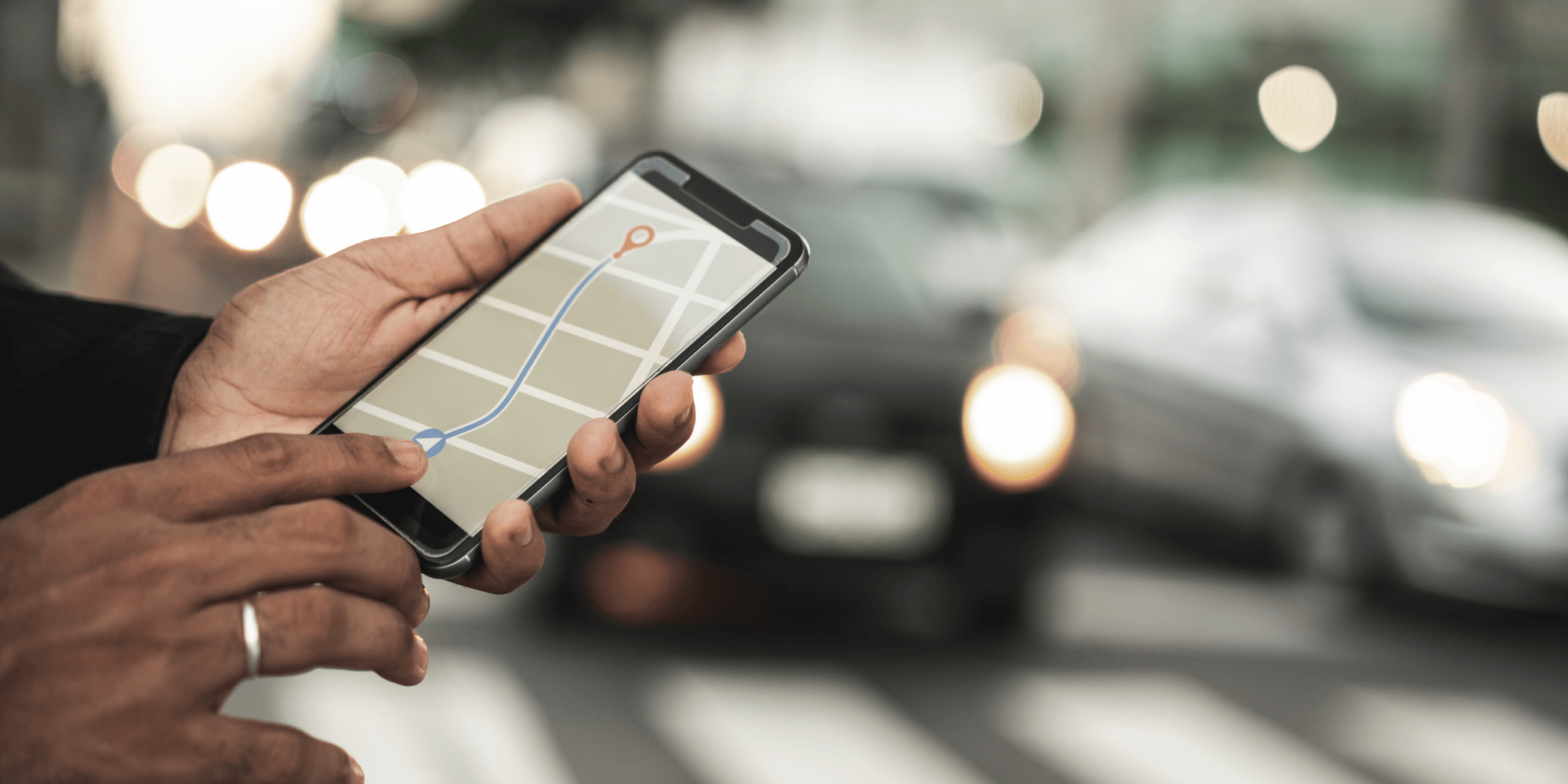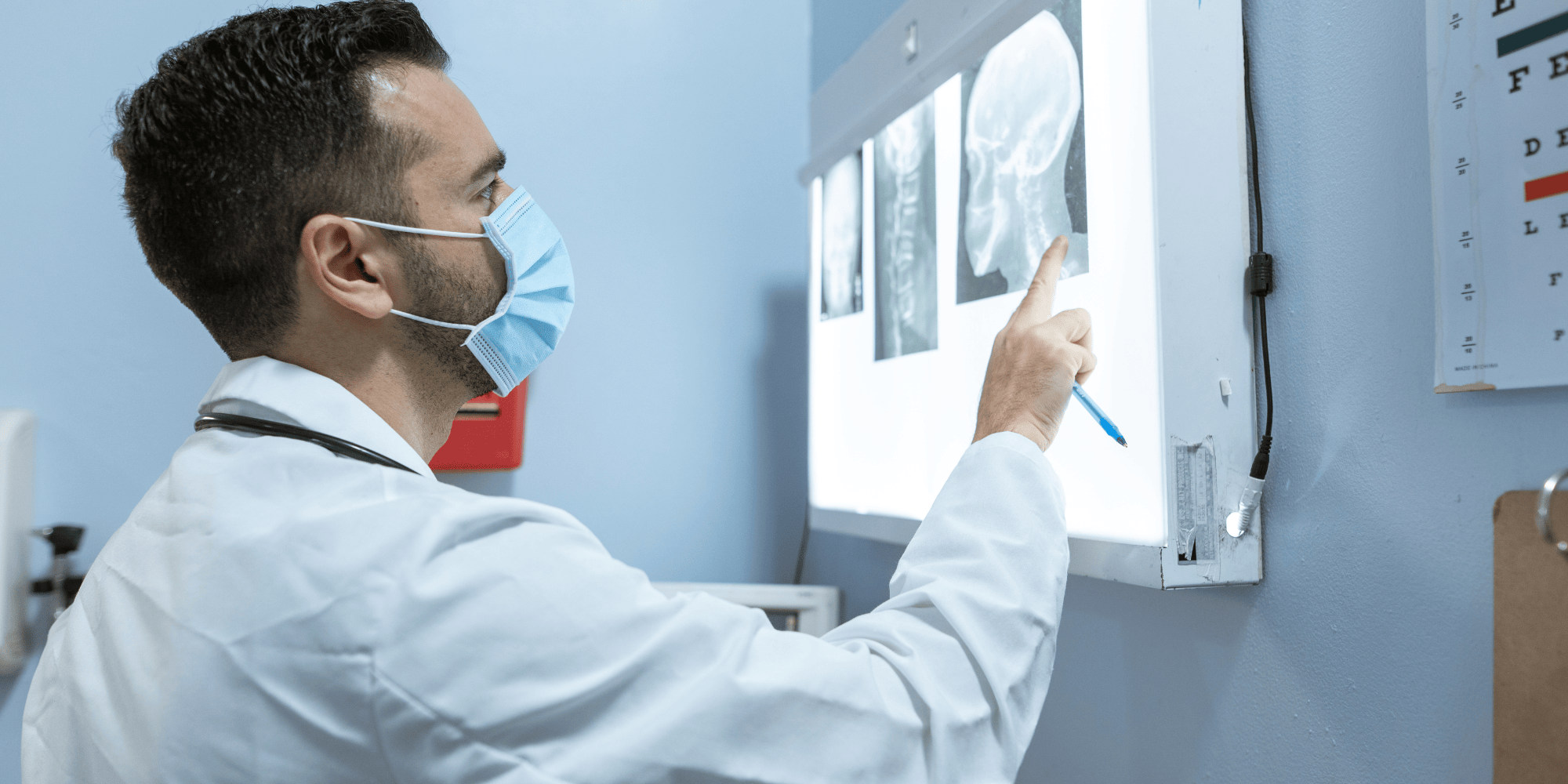Boulder’s Trusted Legal Advocates for Uber and Lyft Accident Victims
Boulder’s growing dependence on Uber and Lyft for transportation across its bustling corridors, including Pearl Street, the University Hill district, and the US-36 tech commuter belt, has brought a surge in traffic. With that growth comes a significant rise in rideshare-related accidents. Whether passengers are entering a rideshare after a concert at the Boulder Theater or tourists are catching a Lyft from Chautauqua Park, rideshare vehicles are now a regular feature of Boulder’s transportation landscape. Unfortunately, their increased presence also brings rising collision rates, placing riders, drivers, pedestrians, and cyclists at risk.
Rideshare accidents present legal complexities that are far more difficult to resolve than standard vehicle collisions. These cases often involve layered corporate insurance policies, unclear fault distribution among parties, and compliance with changing rideshare laws under Colorado statutes. Jordan Levine and his legal team represent Uber and Lyft injury victims across Boulder. Whether you were a paying passenger, a pedestrian, or a third-party driver struck by a rideshare vehicle, our firm delivers clear guidance and aggressive representation from the start of your case through final settlement.
Insurance companies hired by Uber and Lyft often deflect liability and minimize victim claims to avoid large payouts. Victims who attempt to handle these claims on their own frequently encounter denied benefits or extremely low settlement offers. Jordan Levine’s legal team investigates every claim in depth, pulling app data, crash reports, and medical records to ensure your claim reflects the full impact of your injuries. For a nationwide look at rideshare safety issues and trends, visit the U.S. Department of Transportation’s NHTSA rideshare and automation overview.
How Jordan Levine Builds a Powerful Case After a Boulder Rideshare Accident
Uber and Lyft accident claims are far more intricate than traditional vehicle injury cases. Multiple insurers, real-time app data, and platform-specific driver policies all affect who pays and how much. Jordan Levine brings decades of legal experience to these complex cases and customizes every strategy to the unique details of each crash. From the first consultation, our team begins a full investigation into the rideshare timeline, driver status, and policy coverage to protect your legal rights.
Whether you were riding as a passenger in an Uber, were struck as a pedestrian near a popular Boulder drop-off zone, or were hit by a distracted Lyft driver while commuting, our firm has the tools and expertise to build a full liability case. These claims often involve conflicting driver stories, dynamic app logs, and commercial insurance complications. Jordan Levine knows how to interpret that evidence and convert it into legal leverage.
Rapid Response to Secure Evidence and Rideshare App Data
Jordan Levine’s team moves quickly after every Boulder rideshare accident to secure critical crash evidence before it disappears. We collect on-scene photos, body cam or dash cam footage, witness statements, and 911 transcripts. We also subpoena digital records from Uber or Lyft to determine the driver’s status at the moment of the crash. This includes login timestamps, trip start and end times, and trip acceptance logs.
This timeline matters. Uber and Lyft apply different insurance policies based on whether the driver was waiting for a ride, actively en route, or transporting a passenger. Our firm confirms exactly which insurance policy was active when the accident happened so we can pursue the full amount owed to you.
Strategic Insurance Handling and Platform Liability Investigation
Uber and Lyft work with major insurance corporations that prioritize their financial interests. These companies often attempt to delay responses, issue lowball offers, or suggest the victim caused the crash. Jordan Levine’s attorneys handle every single contact with the insurance providers to keep your claim on track. We document all injuries, respond to legal denials, and challenge unfair payout offers with factual medical and technical data.
In certain cases, Uber or Lyft may share fault directly. This includes situations where the company failed to deactivate a driver with safety complaints or used faulty navigation tools that contributed to the accident. Jordan Levine pursues direct platform liability when system design, corporate oversight failures, or safety breaches played a role in your crash.
Full-Damages Preparation for Maximum Financial Recovery
Our legal team treats every Boulder rideshare injury case as if it will go to trial. We gather comprehensive evidence of injury severity, loss of income, and long-term disability. We bring in medical specialists, financial experts, and vocational analysts to prepare full-value claims.
Boulder victims often suffer from chronic injuries that limit future employment or family life. Jordan Levine ensures your compensation reflects not just emergency room costs but the lasting physical, emotional, and financial toll of the accident. We fight for every dollar you are owed under Colorado law.
High-Risk Rideshare Accident Zones in Boulder
Boulder’s mix of student activity, tourist destinations, tech commuter routes, and narrow historic streets creates a challenging environment for Uber and Lyft drivers. Areas near the University of Colorado Boulder, downtown nightlife zones, and shopping districts experience heavy rideshare activity and, as a result, a high frequency of vehicle and pedestrian collisions. Jordan Levine’s legal team understands the local accident patterns and uses that knowledge to strengthen injury claims.
Identifying where and how rideshare crashes occur helps us pinpoint contributing risk factors and build persuasive evidence of negligence. Below are the areas in Boulder where rideshare accidents happen most often due to congestion, distracted driving, or dangerous pick-up behavior.
Pearl Street Mall and Central Downtown Pickup Zones
Pearl Street is Boulder’s central commercial corridor and a magnet for late-night rideshare traffic. Uber and Lyft drivers frequently double park or stop illegally while picking up riders near restaurants, shops, and clubs. These abrupt stops create hazards for cyclists, pedestrians, and oncoming traffic. Jordan Levine investigates whether drivers used the app’s pickup features correctly and whether they complied with loading zone rules. Our firm uses time-stamped trip logs and GPS history to uncover liability.
University Hill and CU Boulder Campus Corridors
With thousands of students moving between dorms, classrooms, and local bars, University Hill sees constant rideshare traffic. Lyft and Uber drivers often make unsafe stops, pull into crosswalks, or reverse against traffic to pick up students. Many of our cases involve collisions with pedestrians or bikes in this zone. We gather surveillance footage, ride acceptance logs, and dispatch histories to show where and how the rideshare driver failed to operate safely.
Foothills Parkway and Arapahoe Avenue Intersections
Major commuter corridors such as Foothills Parkway and Arapahoe Avenue are prime zones for accidents involving Uber and Lyft drivers unfamiliar with Boulder traffic patterns. Out-of-town rideshare drivers navigating app directions often miss turn signals, change lanes abruptly, or fail to yield. Jordan Levine reconstructs these accidents using traffic light data, intersection diagrams, and rideshare platform logs to identify rule violations and prove negligence.
28th Street Retail Zone and Hotel Corridors
Hotels, strip malls, and parking lots along 28th Street attract a large volume of visitors who rely on rideshare pickups. Many collisions here occur in poorly marked lots or during night pickups where visibility is low. Drivers often make sharp turns, ignore signage, or fail to check for pedestrians. Jordan Levine’s legal team obtains lighting conditions, witness reports, and driver history data to determine fault and support your claim.
Common Causes Behind Lyft and Uber Collisions in Boulder
Rideshare accidents in Boulder are rarely caused by a single error. These crashes often involve multiple risk factors, including technology distractions, poor driving decisions, and unsafe pickup behaviors in congested areas. Uber and Lyft drivers operate under constant pressure to accept trips, meet tight arrival windows, and navigate unfamiliar streets, all while using app-based instructions in real time.
Jordan Levine’s legal team digs into every contributing cause behind your accident. We use mobile data records, rideshare app logs, and driver behavior analysis to establish fault and build strong legal claims.
App-Driven Distraction and Driver Inattention
Rideshare drivers rely on mobile apps for route guidance, ride acceptance, and client updates. In busy areas like downtown Boulder or near the CU Boulder campus, even a brief glance at a phone can lead to a collision. Many of our cases involve drivers who were actively interacting with the app when the crash occurred. Jordan Levine subpoenas mobile usage logs, phone call data, and app timestamps to show how distraction contributed to the wreck.
Hazardous Pickups and Drop-Offs in Unsafe Locations
Many Uber and Lyft drivers stop abruptly in the middle of the street, block crosswalks, or double park to load or unload passengers. These sudden and dangerous maneuvers frequently cause rear-end crashes, pedestrian injuries, or cyclist impacts. Boulder’s narrow roads and high foot traffic areas amplify these risks. Our legal team analyzes drop-off history, GPS route mapping, and photo evidence to prove when a driver failed to follow safety protocol.
Excessive Speed to Complete More Rides
To maximize earnings, many rideshare drivers push speed limits during peak hours. This is especially common on major roads like Foothills Parkway, Arapahoe Avenue, and Broadway, where frequent lane changes and speeding create crash scenarios. Jordan Levine retrieves black box data, trip duration records, and witness statements to prove that speed played a critical role in your injury.
Inadequate Driver Screening or Unsafe Driving Records
Uber and Lyft claim to screen drivers, but crashes in Boulder continue to involve operators with poor driving histories or prior complaints. In some cases, drivers are overworked or operating while fatigued. Our team examines the rideshare driver’s hours logged, past infractions, and safety records. When platform oversight failures contributed to the crash, Jordan Levine pushed to hold the rideshare company directly accountable.
Injuries Often Sustained in Boulder Rideshare Accidents
Rideshare crashes in Boulder frequently cause devastating injuries. Whether the victim is a rideshare passenger, a pedestrian walking across University Avenue, or a cyclist struck near downtown, the impact of an Uber or Lyft collision can be life-altering. Jordan Levine’s legal team represents injury victims with a singular goal: full compensation for the physical, emotional, and financial harm caused by negligent rideshare drivers.
Injuries from these accidents often require months of treatment, rehabilitation, and in some cases, permanent lifestyle adjustments. Our firm works with medical experts, radiologists, and trauma care professionals to fully document your injuries and show the long-term consequences to insurance providers and, when necessary, to a jury.
Traumatic Brain Injuries from Rideshare Impact Collisions
Brain injuries are common in Boulder rideshare crashes, especially when passengers are seated in rear areas without airbags or seat belts. A sudden stop, side impact, or head-on collision can cause concussions, skull fractures, or long-term cognitive dysfunction. Many victims report memory loss, emotional instability, or reduced concentration. Jordan Levine consults neurologists, cognitive specialists, and diagnostic imaging professionals to prove the lasting effects of brain trauma.
Spinal Injuries and Long-Term Mobility Damage
Spinal cord trauma, herniated discs, and nerve compression injuries are often reported in Uber and Lyft accidents. These injuries are particularly severe when victims are struck from behind or involved in a side-impact crash near intersections like Baseline and 30th Street. We use MRI results, orthopedic evaluations, and post-surgical records to show how your spine-related injuries affect mobility, quality of life, and employment capacity.
Fractures, Broken Bones, and Crush Injuries
Rideshare passengers or third-party drivers involved in high-speed collisions frequently suffer broken ribs, limbs, wrists, or facial bones. These injuries often require hardware implants, surgical repair, and extended physical therapy. Crush injuries may also occur in multi-vehicle pileups. Jordan Levine gathers orthopedic assessments, rehabilitation progress logs, and surgical reports to support full compensation for your recovery.
Internal Organ Injuries and Emergency Trauma
Blunt-force trauma from seatbelt pressure or steering wheel impact can lead to internal bleeding, ruptured organs, or long-term gastrointestinal issues. These injuries may not show immediate symptoms but can become life-threatening without quick intervention. Our firm retrieves emergency room records, ultrasound imaging, and trauma response documentation to establish the urgency and severity of your internal injuries.
What Compensation Is Available to Boulder Uber and Lyft Crash Victims
Victims of rideshare accidents in Boulder may be entitled to significant financial compensation. Uber and Lyft injury cases often involve more than one insurance policy, including the driver’s personal coverage and the rideshare company’s commercial plan. Jordan Levine’s legal team investigates every available source of recovery and calculates damages that reflect both your immediate losses and future needs.
We work with medical providers, economic experts, and accident reconstruction specialists to establish the full scope of your damages. Our goal is to secure compensation that covers every aspect of your recovery, not just what the insurance company offers upfront.
Medical Expenses and Ongoing Health Care Needs
Jordan Levine demands full reimbursement for all medical treatment related to the accident. This includes ambulance transport, emergency room care, surgeries, follow-up visits, diagnostic imaging, and physical therapy. If your injuries require long-term care, durable medical equipment, or in-home assistance, we include future medical costs in your claim. Our team uses billing records, physician reports, and life care plans to support these demands.
Lost Wages and Loss of Future Earning Potential
Many Uber and Lyft accident victims in Boulder must miss work due to injury. Some are unable to return to their previous job or lose future earning capacity entirely. Jordan Levine calculates wage loss using payroll records, tax documents, and employer statements. We also bring in vocational rehabilitation experts to project your reduced ability to earn income going forward, especially in cases involving permanent disability.
Pain, Suffering, and Loss of Enjoyment of Life
Compensation is available for the physical pain, emotional distress, and lifestyle disruption caused by your accident. Rideshare injuries often result in chronic pain, anxiety, post-traumatic stress, and social withdrawal. Our firm uses medical documentation, psychiatric evaluations, and personal impact statements to build a compelling case for non-economic damages.
Property Damage and Transportation Costs
If you were operating your own vehicle and were hit by a rideshare driver, you may be eligible to recover for car repairs, replacement value, and rental expenses. Jordan Levine also includes costs for towing, storage, and rideshare replacements used during your recovery period. We gather repair estimates, vehicle value reports, and insurance appraisals to support your claim.
Wrongful Death Damages for Families Who Lost a Loved One
In tragic cases where a Boulder resident or visitor is killed in a rideshare crash, surviving family members may be entitled to wrongful death compensation. This includes funeral expenses, loss of financial support, loss of companionship, and grief-related damages. Jordan Levine works with economists and family law experts to calculate the full value of these losses and hold all responsible parties accountable.
How Liability Is Proven in Boulder Rideshare Accident Cases
Rideshare accident claims in Boulder involve more than showing you were injured. To recover compensation, you must prove who caused the crash, how their actions violated traffic laws or platform rules, and which insurance policies apply. Uber and Lyft use layered insurance models and classify drivers as independent contractors, which adds complexity to liability determinations. Jordan Levine’s legal team knows how to navigate these challenges and build strong, evidence-based claims.
We use a combination of driver behavior analysis, app data, traffic law violations, and platform compliance issues to hold the correct parties responsible. Establishing fault early is critical to a successful outcome, especially when multiple vehicles or injured parties are involved.
Understanding Driver Status and Insurance Periods
Uber and Lyft divide their insurance coverage into three periods. When the app is off, the driver’s personal insurance applies. When the app is on but the driver is waiting for a ride, limited coverage is in effect. Full commercial coverage applies only when the driver is en route to a rider or transporting a passenger. Jordan Levine confirms which period applies by reviewing trip logs, timestamped app activity, and company data. This determines which insurance company must pay for your damages.
Proving Negligence Under Colorado Traffic Laws
To prove liability, we must show that the rideshare driver or another involved motorist acted negligently under Colorado traffic law. Common violations include speeding, failure to yield, distracted driving, or improper stopping for pickups. Our team reviews crash scene evidence, witness reports, and intersection data to link each violation to your injuries. For more details on Colorado road safety standards, visit the Colorado Department of Transportation’s safety programs page.
Holding Uber or Lyft Directly Responsible in Select Cases
In some situations, the rideshare company itself may share legal responsibility. This can happen when Uber or Lyft failed to suspend a dangerous driver, ignored complaints, or used faulty app systems that led to unsafe driving decisions. Jordan Levine evaluates whether platform oversight, poor app design, or company policy failures contributed to your crash. When appropriate, we pursue direct claims against the rideshare platform to increase available compensation.
Contact a Boulder Rideshare Injury Attorney Today
If you were injured in an accident involving an Uber or Lyft vehicle anywhere in Boulder, do not wait to take legal action. These cases are time-sensitive, and rideshare companies have corporate legal teams focused on limiting your compensation. You need a legal advocate who understands Colorado rideshare law and fights to secure every dollar you are entitled to.
Jordan Levine acts immediately to preserve evidence, obtain digital trip logs, and protect your rights. Whether you were a rideshare passenger, a pedestrian hit during a pickup, or a third-party driver involved in a collision, we build powerful claims that stand up to corporate pushback. Our legal team handles everything, from insurance negotiations to trial preparation, so you can focus on recovery.
There is no fee unless we win your case. Your consultation is free, and your case review is completely confidential.
📞 Call Jordan Levine today at (720) 790-4032 to speak with a Boulder rideshare accident attorney.
🌐 Visit us online to learn how we help Uber and Lyft victims across Boulder.
Practice Areas
Trust Levine LawWith Your Personal Injury Claim
If you or a loved one have been injured, Levine Law will fight for you every step of the way. We will give our all to secure the compensation you rightfully deserve.
Contact usfor a free consultation.
Phone: (303) 951-4810
